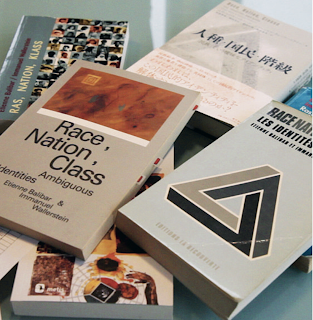Like so many I was saddened to learn of the death of Toni Negri. I never really knew him as a person, only very awkwardly meeting him once, but he was someone who fundamentally shaped and transformed philosophy for me. I wrote my first published paper on Negri, a paper that, as is the case with most seminar papers, was an attempt to make sense of the two books I had read, The Savage Anomaly and Marx Beyond Marx. That it was published is not the important part, really a product of grad school hubris, the important part was that I am not sure if I would have stayed in grad school had I not written it, or found someone willing to read and discuss it with me, shoutout here to Bill Haver. Negri made it possible for me to conjoin doing philosophy and engaging the world politically, to see these as two sides of the same process, the same practice of philosophy. I should mention that this was before Empire, but just barely. I am not saying that to claim that I was into Negri before he was cool, but just that my first encounter with Negri was in some sense with an outsider. He was rarely talked about in classes, and his books were more associated with the para-academic presses of Autonomedia and Semiotexte than the presses that were translating and publishing the big names of theory, Derrida, Deleuze, Lacan, etc.



























